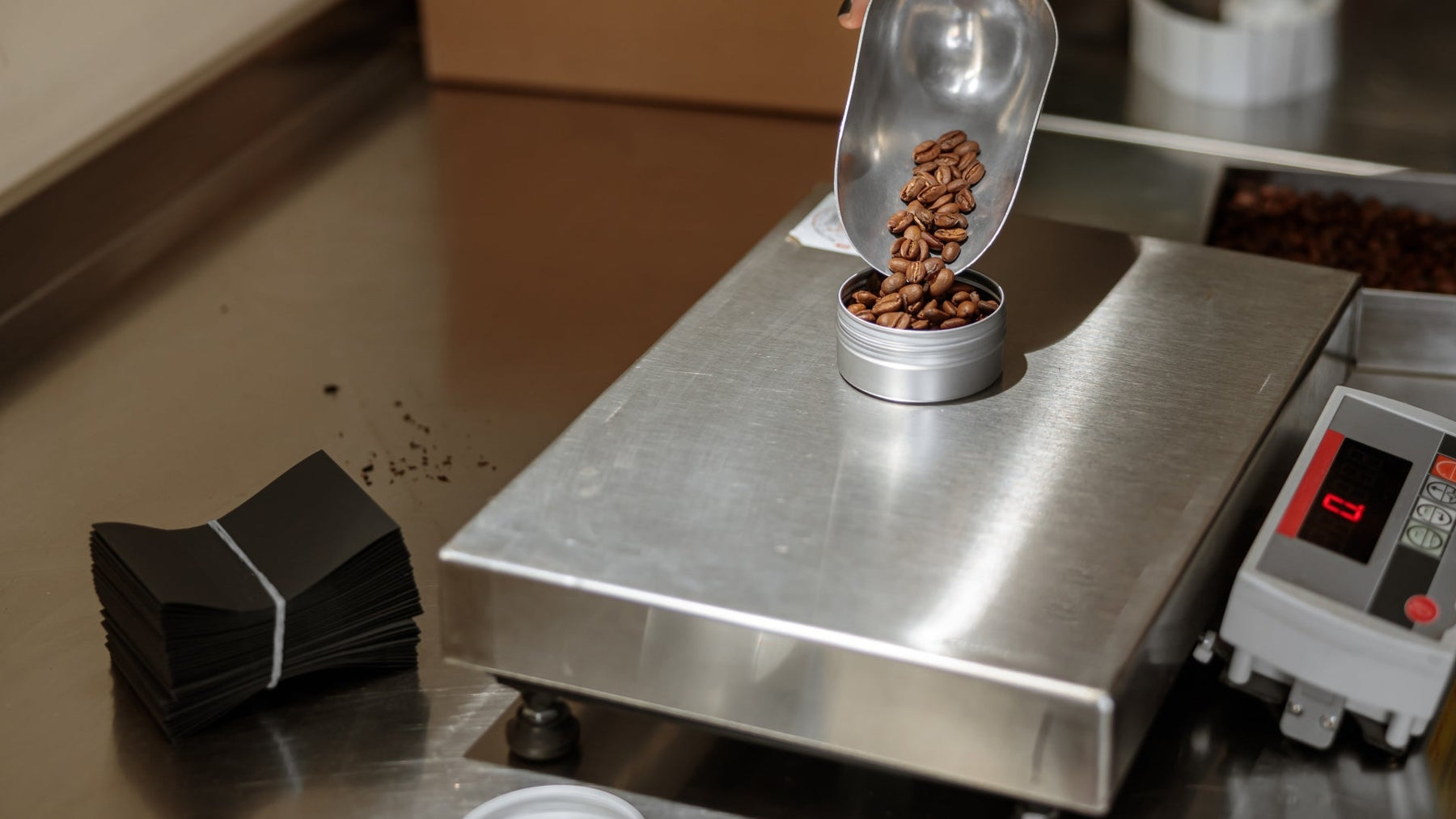
How to Maintain Your Liberty Scales Equipment for Long-Term Durability
Investing in high-quality weighing solutions from Liberty Scales is a wise decision for businesses that require precise and reliable measurements. However, even the best equipment requires regular maintenance to ensure optimal performance and longevity. This guide will explore the best practices for maintaining equipment and extending its lifespan, providing long-term durability and consistent accuracy.
Why Regular Maintenance is Essential
Regular maintenance of your weighing equipment is crucial for multiple reasons:
-
Accuracy: Proper calibration and upkeep help maintain precise measurements.
-
Reliability: Well-maintained scales reduce the risk of operational disruptions.
-
Cost Efficiency: Preventative maintenance minimizes costly repairs and replacements.
-
Compliance: Many industries require adherence to specific measurement regulations.
-
Safety: Properly functioning scales prevent workplace accidents and errors.
Following these maintenance steps ensures your Liberty Scales equipment performs at its best for years.
Step-by-Step Guide to Maintaining Your Liberty Scales Equipment
1. Keep Equipment Clean
Dirt, dust, and debris can interfere with the accuracy and functionality of your scales. Regularly clean your equipment using the following steps:
-
Use a soft, damp cloth and mild detergent to wipe down surfaces.
-
Avoid using harsh chemicals that may damage sensitive components.
-
Ensure that no liquids seep into internal mechanisms.
-
For industrial environments, implement a regular deep-cleaning schedule.
2. Perform Routine Calibration
Calibration is essential for maintaining accuracy. Over time, daily use and environmental factors can cause discrepancies. Here’s how you can retain equipment for long-term durability through calibration:
-
Use certified calibration weights to test accuracy.
-
Schedule professional calibration services periodically.
-
Check manufacturer guidelines for recommended calibration frequency.
-
If using scales in high-traffic or high-impact environments, calibrate more frequently.
3. Inspect and Replace Worn Components
Regular wear and tear can affect performance. Conduct routine inspections to identify issues early:
-
Check load cells for any signs of damage or corrosion.
-
Inspect cables and connectors for wear or fraying.
-
Ensure indicator displays and buttons function correctly.
-
Replace any damaged or worn-out components immediately to avoid additional problems.
4. Protect Equipment from Environmental Factors
Environmental conditions can significantly impact scale performance. To maintain equipment properly:
-
Store and operate scales in temperature-controlled environments.
-
Avoid excessive moisture or humidity exposure.
-
Use protective covers for outdoor or industrial scales.
-
Keep scales away from direct sunlight or corrosive substances.
5. Ensure Proper Handling and Usage
Improper use of weighing equipment can lead to premature wear. Instruct employees on the proper procedures for handling equipment.
-
Avoid overloading beyond the specified weight capacity.
-
Do not drop heavy objects onto the scale platform.
-
Use the scale on a stable, level surface to prevent misreadings.
-
Power down equipment when not in use to extend electronic component life.
6. Schedule Professional Maintenance Services
While regular self-maintenance is essential, scheduling professional servicing ensures deeper inspections and adjustments:
-
Certified technicians can detect hidden issues.
-
Preventative maintenance services help avoid sudden breakdowns.
-
Professional calibration guarantees compliance with industry standards.
Troubleshooting Common Scale Issues
Even with diligent maintenance, occasional issues may arise. Below are some typical problems and their solutions.
1. Inaccurate Readings
Possible Causes: Unstable surface, debris buildup, incorrect calibration.
Solution: Ensure the scale is on a level surface, clean thoroughly, and recalibrate.
2. Display Malfunction
Possible Causes: Power supply issues, loose cables, internal damage.
Solution: Check power connections, restart the device, and inspect cables for damage.
3. Scale Not Powering On
Possible Causes: Dead battery, faulty power supply, internal circuit failure.
Solution: Replace the battery, check the power source, or consult a technician.
4. Fluctuating Weights
Possible Causes: Environmental factors, unstable load cells, poor calibration.
Solution: Shield the scale from wind, vibrations, and temperature changes; recalibrate as needed.
Final Thoughts
By implementing these best practices, you can maintain equipment for long-term durability, ensuring your Liberty Scales equipment remains accurate and efficient for years. Regular cleaning, calibration, and inspections prevent costly breakdowns and ensure compliance with industry standards.
Whether you use the floor, bench, pallet jack, or crane scales, maintaining your Liberty Scales equipment is the key to optimal performance and longevity. Follow these maintenance steps today to protect your investment and enhance productivity.
Follow our expert maintenance tips to keep your Liberty Scales equipment accurate and durable, or contact us for professional servicing and support.
FAQs
How often should I calibrate my Liberty Scales equipment?
Calibration frequency depends on usage, but we recommend monthly checks for high-traffic use and professional calibration at least once a year.
What is the best way to clean my weighing scale?
Use a soft, damp cloth with mild detergent. Avoid harsh chemicals and ensure no liquids enter the internal components.
Why is my scale showing inaccurate readings?
This could be due to an unstable surface, debris buildup, or incorrect calibration. Ensure the scale is on a level surface, clean it, and recalibrate.
How can I protect my scale from environmental damage?
Store it in a temperature-controlled area, avoid excessive moisture, and use protective covers for outdoor or industrial scales.
What should I do if my scale won’t turn on?
Check the power source, replace the battery if applicable, inspect cables for damage, and consult a technician if the issue persists.

